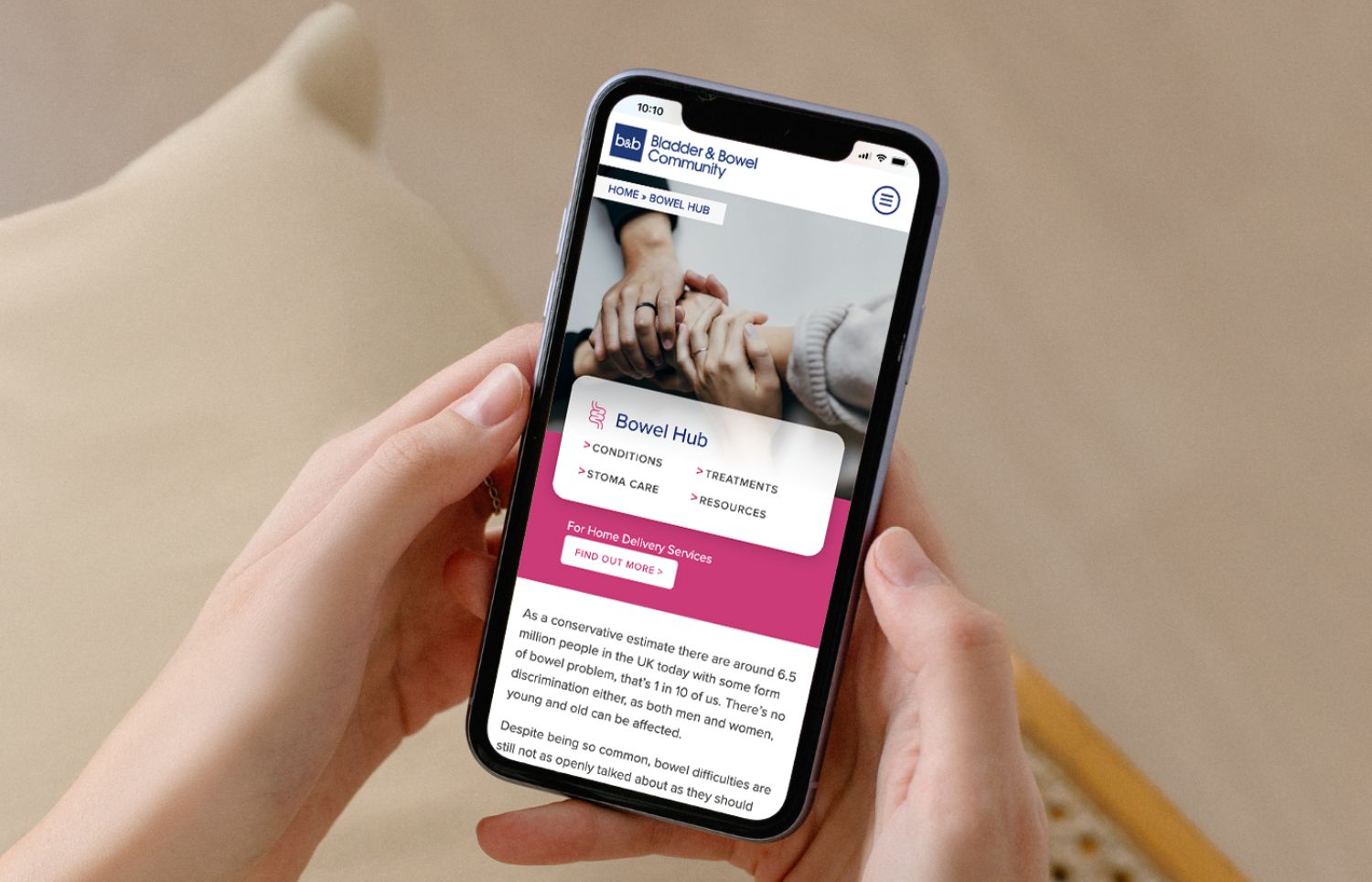Today’s spotlight is on Fowler’s Syndrome, a little known bladder disorder that affects women and causes urinary retention and extremely painful bladder symptoms. Here, Megan Entwistle, 25 from Rotherham, South Yorkshire tells her story about living with this condition.

A few years ago, I needed surgery to have an appendectomy and I noticed that whenever I needed to try and empty my bladder that only small amounts of urine came out, and that I didn’t feel relief after going to the toilet.
Later on, I was in hospital again being treated for a PICC line infection and I was unable to pass urine at all. The nurse who was looking after me said that it sounded like I had Fowler’s Syndrome. She knew, as she had Fowler’s Syndrome herself! I underwent various tests for around six months before I was officially diagnosed with this condition.
Once diagnosed, I was taught to self catheterise in order to empty my bladder, this involved passing a thin tube through my urethra and into my bladder. I was also placed on Tolterodine and Oxybutynin but this didn’t work for me and I had an indwelling catheter placed.
The pain from the indwelling catheter was unbearable so I had a suprapubic catheter placed. I was given several different types of medication to help manage the bladder spasms. Since then, I’ve had to take seven different types of medications to try and manage the pain from my bladder.
I have learned to love my body and my catheter.
My condition affects me everyday. I’m unable to work at the moment due to my chronic illnesses as I experience pain everyday and my medication makes me drowsy. Some days I can function and get out of bed and I will go and visit family and nip to the shops but on bad days, I’m bed bound with my heat max on the max and as much pain relief as I can take.
As a young woman in my 20s, I do get embarrassed by relying on a catheter to help me pee and I did feel self conscious of people seeing my leg bag. I’ve had to alter how I dress to feel comfortable. Previously, I’d only known of elderly people using catheters but over the last four years of having an SPC (suprapubic catheter), I have learned to love my body and my catheter.
My catheter means I can live my life without worrying that my bladder may burst from being in retention.
I would say only around 60 per cent of the doctors I’ve encountered know what Fowler’s Syndrome is.
I don’t feel there’s enough help out there for those who have Fowler’s Syndrome. I would say only around 60 per cent of the doctors I’ve encountered know what Fowler’s Syndrome is. I’m lucky in that I have good support from my family and friends and I have a good urologist, however there’s not enough support in the community setting to help me manage my mobility and mental health.
If I could give any advice to others facing a similar situation is to keep advocating for your health! Before I received my Fowler’s diagnosis I was told it was all in my head because of my depression. I was told to try mindfulness and relaxation techniques, the list goes on.
But I never stopped pushing for an answer!
Further Information
Navigating life with a catheter can feel overwhelming at times, which is why the Bladder and Bowel Community have launched a Catheter Care guide to help answer those tricky questions you may have. Follow the conversation on Social Media with #CatheterWeek and get involved with any comments you may have.
Download your Catheter Care Guide here.
If you use intermittent catheters, you may benefit from trying different types as some will suit you more than others. Lo Fric Elle Catheters are a type of self catheter designed for the female body, the discreet, slim design with a unique handle improves control, grip and hygiene.
To order your FREE sample, click here.









